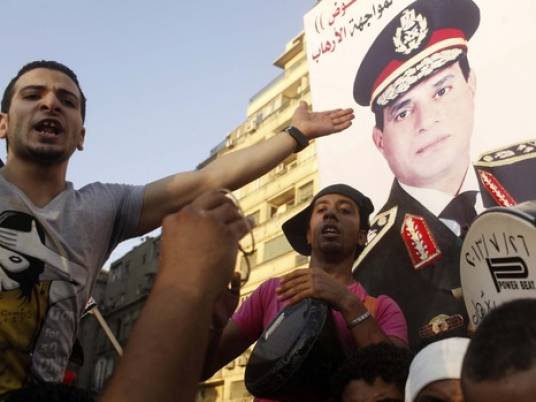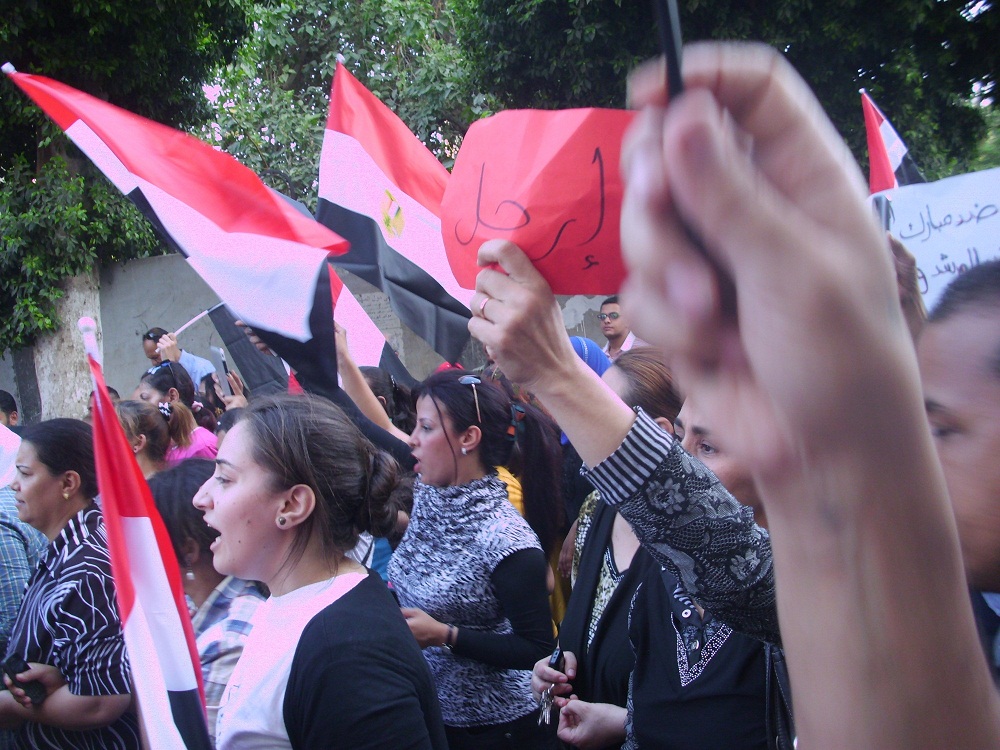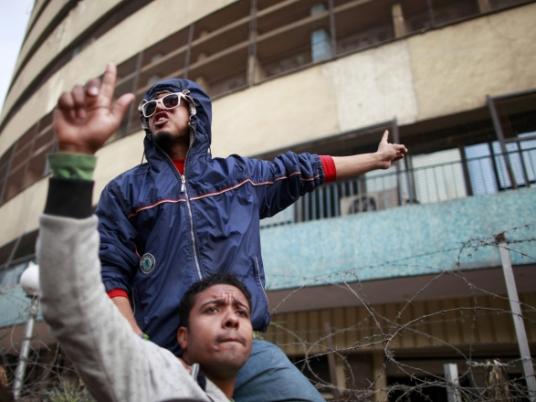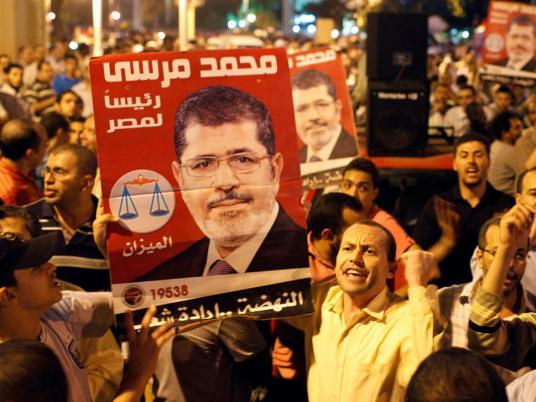Egypt's military rulers commissioned a top judge Monday to form an electoral commission, starting the process of organizing the country's first elections after the popular uprising that ousted authoritarian leader Hosni Mubarak.
The military decree effectively sets a timeframe for the first parliamentary elections in Egypt's transition to democracy. The commission will begin work on 18 September, with the vote expected to follow roughly two months later, according to human rights lawyers. The decree, reported by the state news agency, did not set an exact date.
The decision settles a major dispute among various political factions over whether elections should come before or after the writing of a constitution. Many liberals fear well-organized Islamist groups are poised to win big in parliament and hence influence the writing of the country's post-revolution constitution.
"This is a strong indication that the military council is still committed to holding elections first," said Hafez Abou Saada, the head of the Egyptian Organization for Human Rights, which monitored previous elections.
As an apparent compromise, the ruling military council said it will prepare a document that would introduce guiding principles to prevent any one group from heavily influencing the new constitution.
The council has said it will transfer power to an elected civilian government within six months of taking over the country's affairs in February, when Mubarak was ousted. But they have not yet adopted an election law, which sets procedures.
The military designated the head of the Cairo Appeals Court to begin forming the electoral commission. According to law, the acting head of that court presides over the commission. Currently, Judge El-Sayed Omar heads the court. The commission will prepare voter rosters, candidate lists and oversee a one-month campaigning period.




